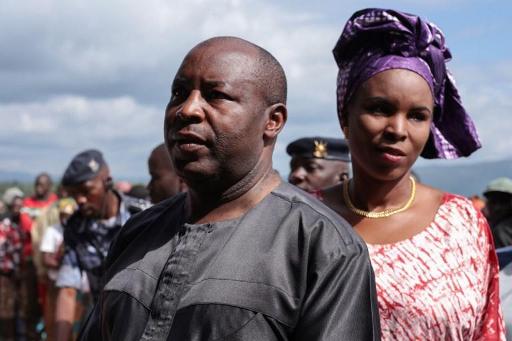Burundi has asked Belgium for reparations for its crimes during the colonial era, suggesting financial compensation and collaborating on writing colonial history.
The state of Burundi has asked Belgium to provide reparation payments to make up for crimes committed in the country during the colonial era (1924-1962). A diplomatic discussion has been requested to negotiate the exact amount.
If necessary, Burundi is prepared to take the case to an international court, though it is currently unclear which court would then be qualified to take the case.
One of the colonial crimes includes a programme led by the Belgian government that kidnapped biracial children from Burundi and Congo in the 1940s and 1950s. The children were forcefully taken to Belgium, where they were raised by catholic institutions.
At the same time, Burundi has requested to reopen the investigation into the murder of Burundi Prince Louis Rwagasore in 1961. Rwagasore was a strong proponent of Burundi's independence, and has been compared to Congolese prime minister Patrice Lumumba, who was murdered with the help of Belgian officials.
The Central-African nation also offered non-monetary alternatives for reparations. These include collaboration on compiling Burundi school books on colonial history and adopting those books in the Belgian curriculum.
The Burundi government also recommended composing a team of Belgian, German, and Burundi experts to examine how colonial rule affected the current ethnic tensions between different Burundi population groups and tribes, and how to overcome this issue.
Germany, which colonised Burundi from 1885 to 1924, was charged with €36 billion for colonial crimes. The amount was calculated by referring to a fine that was imposed on the Burundi king by the Germans in 1903, which forced him to hand over 424 cows for resisting German rule. The contemporary equivalent of these costly cows would be €36 billion, according to the Burundi special commission looking into the colonial era. Germany is not willing to pay that price.
Amée Zoutberg
The Brussels Times

